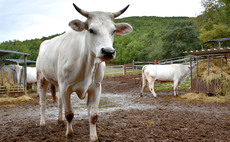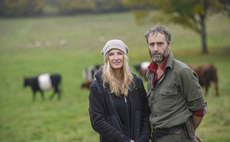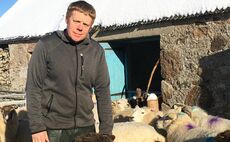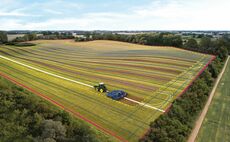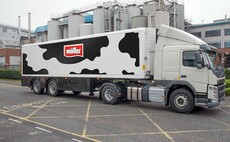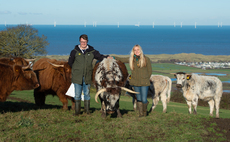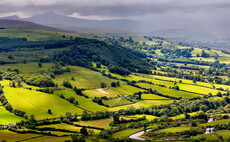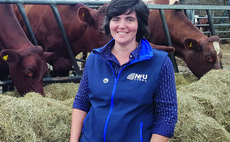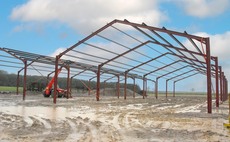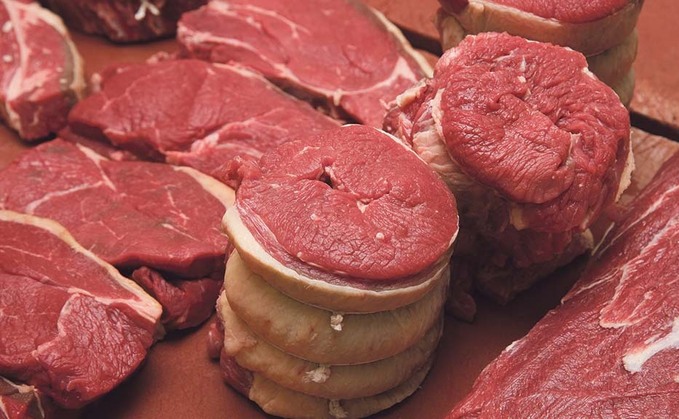
Huge changes in consumer behaviour imposed by the pandemic led to a rise in beef sales during 2020 lockdowns, up 22 per cent on the year.
That rise was highest category increase in the protein sector, according to Claire Donoghue, OSI Europe's operations director and head of sustainability.
Ms Donoghue said a lot of this increase lay with the low value products, particularly mince and the prolonged good weather coupled with lockdown during parts of last year also led to a ‘bumper year' for barbeques.
Despite warning that consumer trends seen in 2020 ‘need to be taken with a pinch of salt', Ms Donoghue summarised the outlook for 2021 as ‘positive', with experts predicting that beef production was set to increase on the year.
That said, she stressed that consumer concerns around the sustainability of beef production in relation to climate change and the rising popularity of meat-free alternatives could not be ignored.
Ms Donoghue said: "During 2020, we saw a move by all of the major retails into stocking their own ranges of meat-alternatives.
"Market growth in this area is booming and we are seeing this ever-growing 'flexitarian' trend, particularly among millennials, with it looking set that these brands have a big future according to the stock market."
United
A united industry approach, in place of varied existing initiatives led by farmers, processors and brands was now needed to counteract these, believed Ms Donoghue, if the industry is to provide clear and concise answers going forward.
In-a-bid to achieve this, the UK Cattle Sustainability Platform was launched last year, a partnership which more than 26 organisations have signed up to including farming groups, processors, trade bodies and retailers.
Ms Donoghue said: "We have been stumbling around when it comes to addressing these sustainability concerns, and I believe this group could be the missing piece of the puzzle. The group has already been aligned and recognised by the European Roundtable for Beef Sustainability."







